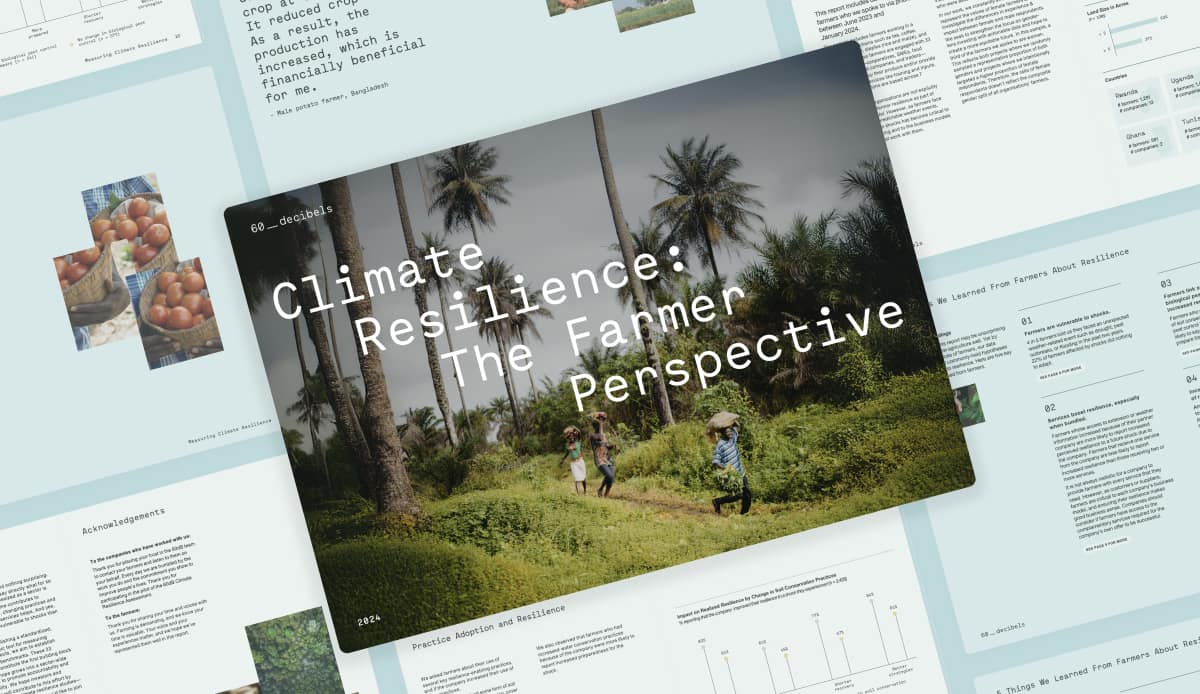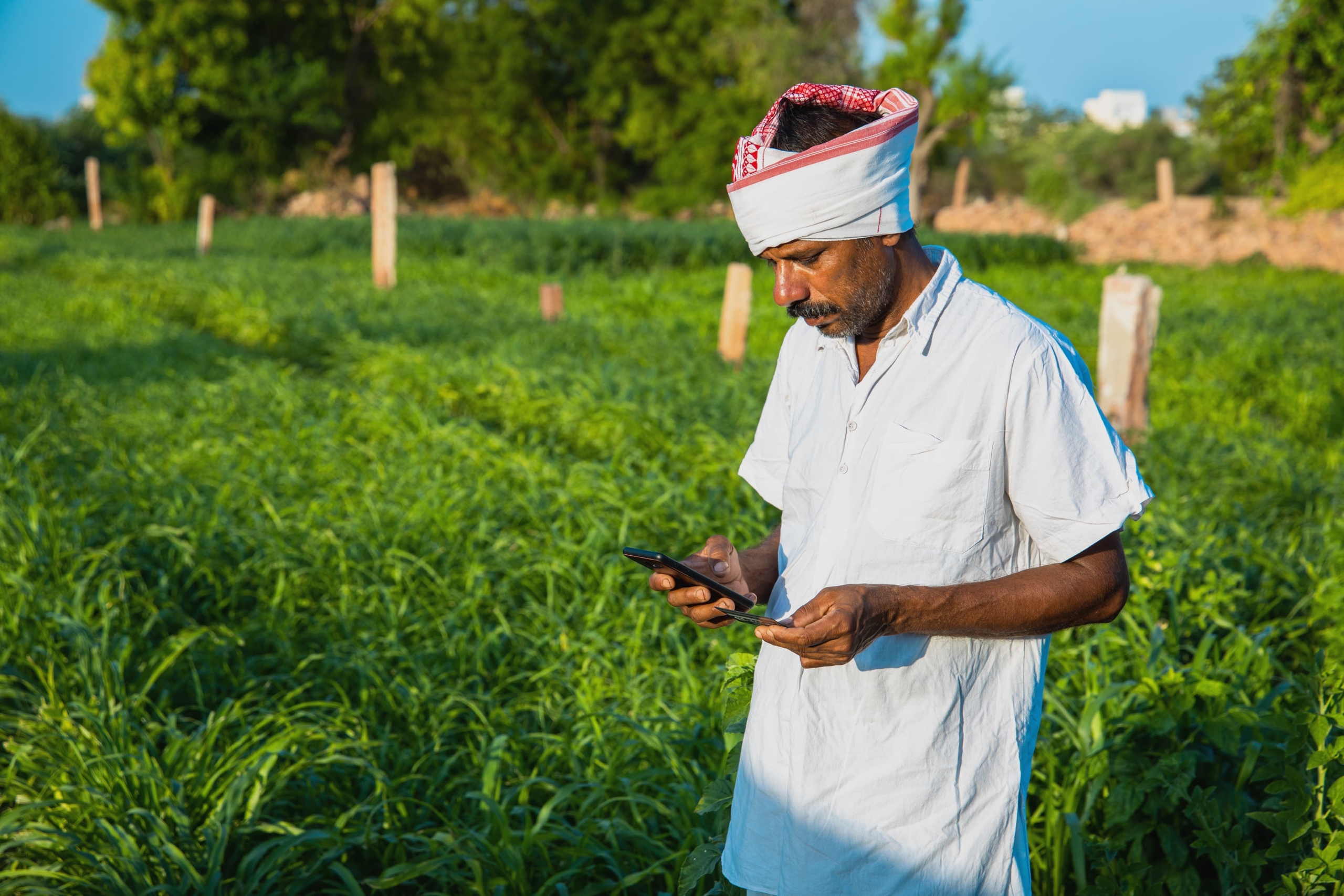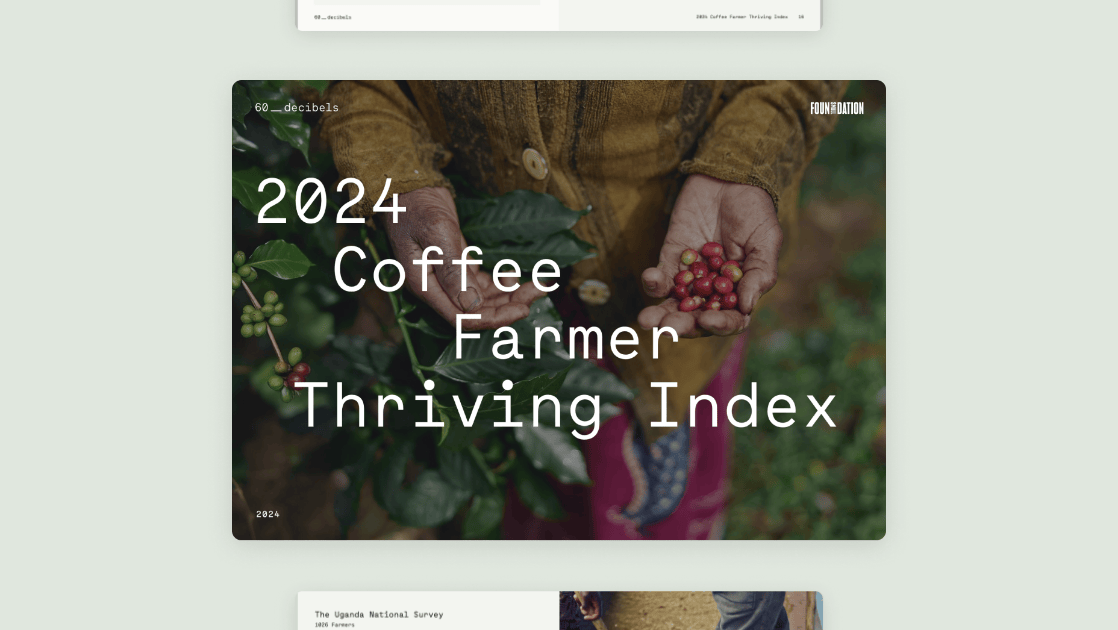

The relationship between microfinance and climate resilience
The climate crisis is an undeniable reality, impacting households worldwide with increasing severity. A recent report from the United Nations notes that at least 3.3 billion people’s daily lives are “highly vulnerable” to climate change. While much of the climate conversation has centered on mitigation efforts aimed at reducing greenhouse gas emissions, there is a growing emphasis on adaptation measures. And now, adaptation means more than environmental or infrastructure projects: it’s about empowering individuals and households with small-scale, practical solutions to protect themselves from the uncertainties of a changing climate.
The Evolving Connection between Microfinance and Climate Resilience
Microfinance has long been a pivotal tool in enhancing financial inclusion and economic development, especially in underprivileged communities. It can offer a financial lifeline to those traditionally excluded from formal banking systems, enabling them to start businesses, improve their homes, and invest in their futures.
But in the face of the changing climate, households’ needs are different. They need loans to help them invest in adaptation measures and the financial resources to avoid resorting to coping strategies–such as the sale of productive assets or taking children out of school–that have negative long-term impacts on their livelihood. Microfinance is well placed to support resilience building, but is this already happening, and if so, how?
Recently, 60 Decibels published the 2023 Microfinance Index (MFI), providing fresh insights into the role of microfinance loans and financial services on clients around the world. We interviewed borrowers of 114 financial service providers (FSPs) in 32 countries, building robust international and regional datasets to understand performance. The Index assessed FSPs across twenty-one indicators and six impact themes, using standard surveys conducted via remote phone interviews in local languages to capture the clients’ real-life experiences. Through exploring one of the key themes, resilience, we can put climate in conversation with microfinance to better understand the role of FSPs in developing climate resilience solutions.
Key Findings: Gender Disparity, Long-Term Impact, and Regional Variations
Despite the positive role of FSPs in increasing clients’ incomes and enhancing their quality of life, there remains a gap in clients reporting long-term financial stability. The 2023 MFI Index reveals that while a significant 88% of clients report improvements in their quality of life and 78% note increased income due to their FSPs, about 30% still face challenges in managing unforeseen emergency expenses. Digging deeper, we found three important insights in how microfinance loans are translating into financial resilience:
- Gender Disparity in Financial Emergencies: The data show a pronounced gender disparity in clients’ ability to cope with financial emergencies. While 28% of male borrowers are confident about accessing funds in emergencies, only 19% of female borrowers feel the same. This difference may mean millions more women falling into poverty from an unexpected emergency.
- Impact Takes Time: Long-term engagement with MFIs yields greater impact on behaviors and financial capacities. Borrowers associated with FSPs for three or more years report better financial management, increased savings, and improved ability to meet emergency expenses. Increasing client tenure with FSPs will be key to reducing a household’s vulnerability to a shock.
- Regional Differences: African borrowers, more than their counterparts in Asia and Latin America, report increased savings and improved financial management skills due to FSPs. Notably, 37% of African borrowers, versus 15% in Asia and 16% in Latin America, reported a significant improvement in accessing emergency funds due to their loans. These findings align with a larger proportion of African borrowers accessing a loan for the first time.
Building Financial Resilience: A Slow but Essential Process
Building financial resilience is often seen as a natural outcome of effective financial management and maintaining a healthy savings balance. The Index’s findings confirm this relationship, revealing a positive correlation between clients’ ability to handle a major emergency expense and their improved financial management and savings balance. This underscores the critical role of microfinance in enabling clients, especially women, to build resilience against financial shocks.
As we move forward, it is crucial to delve deeper into the unique challenges and potential solutions for building resilience, particularly for women. The data from the 2023 MFI Index serve as a foundation for developing more nuanced understanding and interventions. It reminds us of the importance of patient investment in resilience-building measures. While the climate crisis demands urgent action, the path to resilience is a gradual one, necessitating sustained efforts and innovative solutions.
We encourage you to explore the detailed data in our MFI dashboard, learn about our climate resilience assessment, and discover gender-specific tools. In 2024, the 60 Decibels MFI Index will feature an additional climate resilience module for FSPs that want to dig deeper into these impacts. We are excited to support our partners across all sectors in measuring and maximizing their climate impact.


